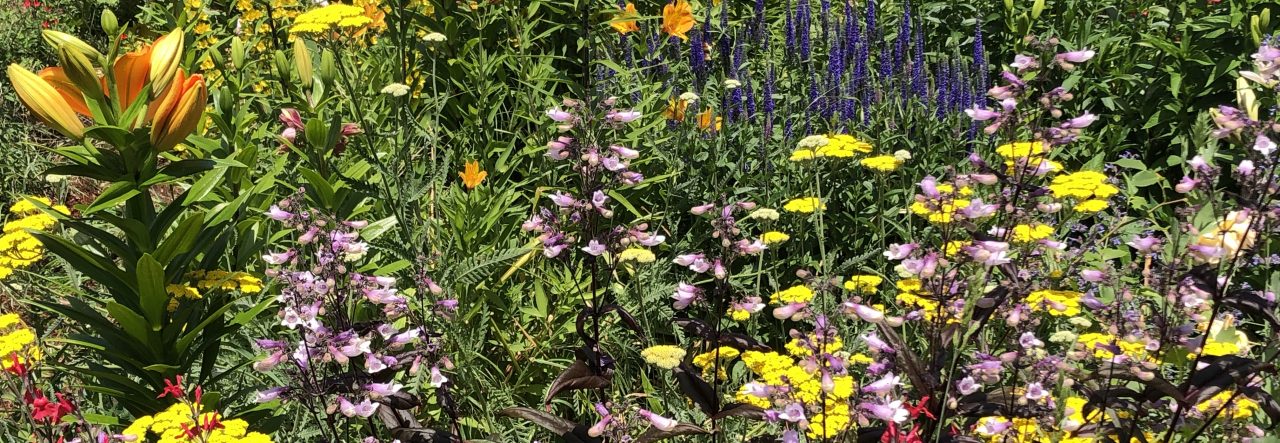
One of the major influences on hokku was old Chinese poetry, particularly that of the Tang Dynasty (618-907 ce). I have mentioned previously that in structure Chinese poetry differs greatly from hokku, not only in its length, which can run from several to many verses, but also in its rhyme. Its telegraphic vagueness is akin to that of the later hokku. Its rhyme and that vagueness make it very difficult to translate directly into English without aesthetically unpleasing results.
That is why the best translations of old Chinese poetry tend to be closer to paraphrase. Arthur Waley (1889-1966), discussed his way of translation at the beginning of his book A Hundred and Seventy Chinese Poems:
“It is commonly asserted that poetry, when literally translated, ceases to be poetry. This is often true, and I have for that reason not attempted to translate many poems which in the original have pleased me quite as much as those I have selected. But I present the ones I have chosen in the belief that they still retain the essential characteristics of poetry.
I have aimed at literal translation, not paraphrase. It may be perfectly legitimate for a poet to borrow foreign themes or material, but this should not be called translation.
Above all, considering imagery to be the soul of poetry, I have avoided either adding images of my own or suppressing those of the original.
Any literal translation of Chinese poetry is bound to be to some extent rhythmical, for the rhythm of the original obtrudes itself. Translating literally, without thinking about the metre of the version, one finds that about two lines out of three have a very definite swing similar to that of the Chinese lines. The remaining lines are just too short or too long, a circumstance very irritating to the reader, whose ear expects the rhythm to continue. I have therefore tried to produce regular rhythmic effects similar to those of the original. Each character in the Chinese is represented by a stress in the English; but between the stresses unstressed syllables are of course interposed. In a few instances where the English insisted on being shorter than the Chinese, I have preferred to vary the metre of my version, rather than pad out the line with unnecessary verbiage.
I have not used rhyme because it is impossible to produce in English rhyme-effects at all similar to those of the original, where the same rhyme sometimes runs through a whole poem. Also, because the restrictions of rhyme necessarily injure either the vigour of one’s language or the literalness of one’s version. I do not, at any rate, know of any example to the contrary. What is generally known as “blank verse” is the worst medium for translating Chinese poetry, because the essence of blank verse is that it varies the position of its pauses, whereas in Chinese the stop always comes at the end of the couplet.”
Just how close to literal was Waley? Here are a few very literal lines from a poem by Tao Qian (365-427):
Settle home at person place
But no cart horse clamor
Ask sir how can thus
Heart far place self favor
Pick Chrysanthemum east fence down
Un-hurriedly look south mountain
Waley renders these as:
I built my hut in a zone of human habitation,
Yet near me there sounds no noise of horse or coach.
Would you know how that is possible?
A heart that is distant creates a wilderness round it.
I pluck chrysanthemums under the eastern hedge,
Then gaze long at the distant summer hills.
The moon rises slowly above the eastern lake.
I loose my hair and enjoy the cool of evening
And idly recline beside the open window.
The wind carries the scent of lotus blossoms,
The sound of bamboos dripping dew is clear.
I want to fetch my qin and pluck the strings,
But regret no one is there to hear the sound.
On feeling so, I think of my old friend;
And through the night my dreams are filled with thought.
The moon rises slowly above the eastern lake.
“…from the western hills.”
“…above the eastern lake.”

Thank you, David, for your clear & straightforward explanations. Since I don’t know the Chinese language we have to rely on the honesty & clarification of the translator. 🙇♂️
Thanks for the explanations. I found the poetry to be profound and also quite lovely!
Thanks for this information about Chinese poetry! Such a beautiful poem by Meng! So glad you did not attempt to rhyme in your translation. I’d prefer to hear the Chinese poem read out loud in Chinese, with its rhymes, rhythm, and beautiful language, even though I would not understand it. Then, I would like to hear the paraphrased translation, not caring about rhythm or rhyme. I’m always glad to see a new post by you! Thank you for sharing this with us, David! Hope you’re having a good summer.
Beautiful. Thank you for this.
Fascinating, many thanks